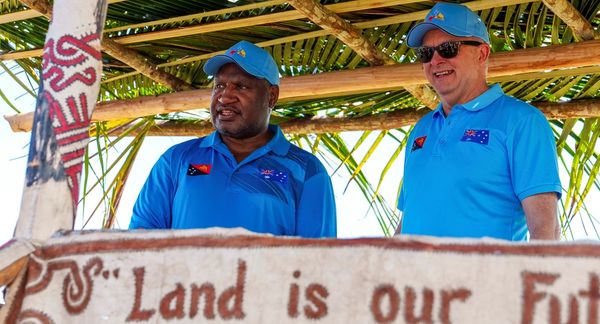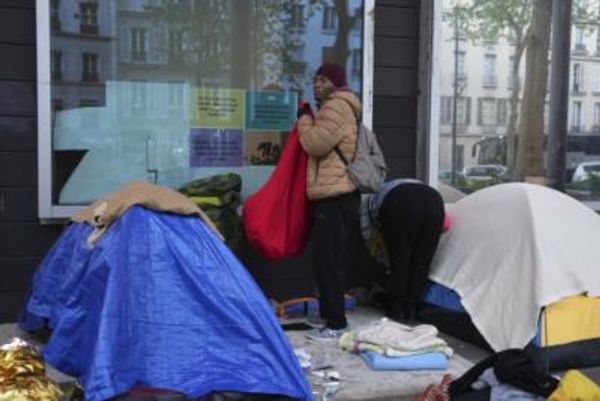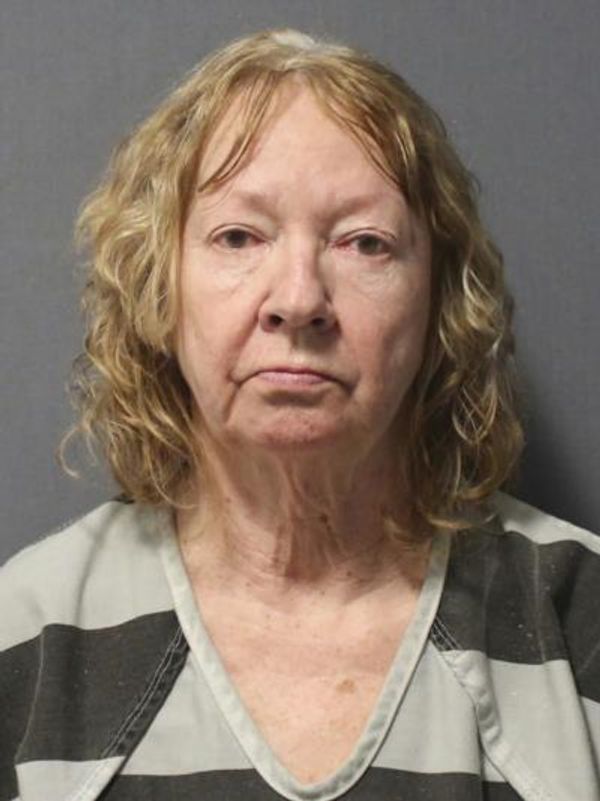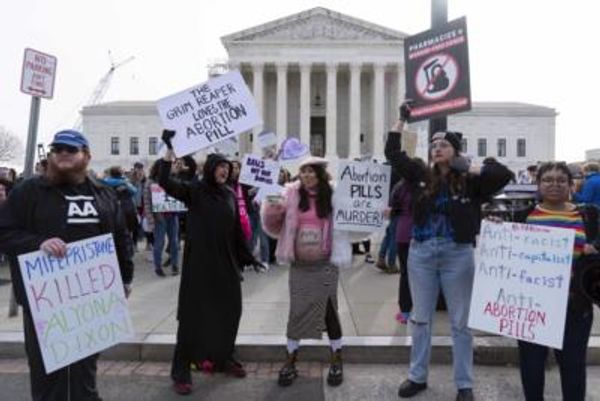"It will be very painful, but you have to be strong because you will save more people."
These were the last words of grief-stricken mother Xianglan Ren to her son, Li Changxiang, before she allowed the Royal Melbourne Hospital doctors to operate and donate his organs.
Mr Li, in Australia on a working holiday visa, was in a road crash in Victoria in late January and was declared brain dead on February 3.
Doctors were waiting for his mother to arrive from China before switching off his life support machine.
Ms Ren, who was granted exemption from the coronavirus travel ban so she could say goodbye to her only child, spent the 22-year-old's final hours comforting him, loving him and holding him.
Mr Li's life support machine was turned off on Monday morning.
Angus Yuan, a friend of Mr Li, has been helping Ms Ren in Australia.
He said Ms Ren, whose husband died a few years ago, was calm when she arrived at the airport, but became very upset when she saw her son in the hospital.
"Not good," Mr Yuan said.
"We gave her water, she ate a little bit, but didn't sleep."
Mr Yuan said she spent Sunday simply sitting by her son and tenderly caressing his face.
After the long surgery to harvest his organs, Ms Ren was able to spend more time with her son.
'We wanted to show deep compassion'
After the accident, Ms Ren sought a fast-tracked visa so she could see her only child in Melbourne before the hospital turned off his life support machine.
But the Federal Government's ban on Chinese arrivals due to coronavirus kicked in shortly after she applied, and she was stuck in China.
On Friday, the Australian Border Force commissioner granted an exception to the coronavirus ban to Ms Ren, who was not in the main coronavirus affected province of Wuhan.
Speaking with Virginia Trioli on ABC Radio, Acting Immigration Minister Alan Tudge said Ms Ren arrived in Australia on Sunday morning.
He said authorities were able to help Ms Ren get into Australia quickly and safely so she could see her son and properly plan for the funeral arrangements.
He said he understood Ms Ren would be able to take her son's body home.
"She will be in the country … a week or two weeks in a self-quarantine arrangement and then will be taking the body with her as well," Mr Tudge said.
Mr Tudge said the decision to allow Ms Ren to come to Australia despite the coronavirus ban was taken after much deliberation.
"It was a very careful balance here that on one hand we wanted to show deep compassion for Ms Ren to be able to see her son, on the other hand that we will never at any stage put the public at risk," he said.
"That's why the Australian Border Force commissioner assessed the situation very carefully.
"Ms Ren was not from Wuhan, the affected area … she had a health check when she arrived, she was escorted separately the entire way, and so there were no risks to the broader public from her being here."
Mr Tudge said Ms Ren had been "incredibly generous" by donating her son's organs.
"We really thank her for her compassion in this absolutely tragic situation for her," he said.
Mr Tudge said the Transport Accident Commission had been intricately involved in managing the situation and representatives were there to greet the mother at the airport and escort her to the hospital.
"We really feel for Ms Ren, but …life will come of this through a very generous gift of the organs," he said.
Mum thankful to Australian Government, doctors
Mr Yuan said Ms Ren was very grateful to the Australian Government, the Royal Melbourne Hospital staff and volunteers for all their help.
He said Mr Li's friends were trying to crowdfund money for the bereaved mother because she was experiencing hardship.
Mr Yuan said when doctors first asked Ms Ren to consider donating her son's organs, she needed time to think because it was not customary in China.
"She said, 'give me two hours'."
"But she finally made the decision as she knew it will save lives."







